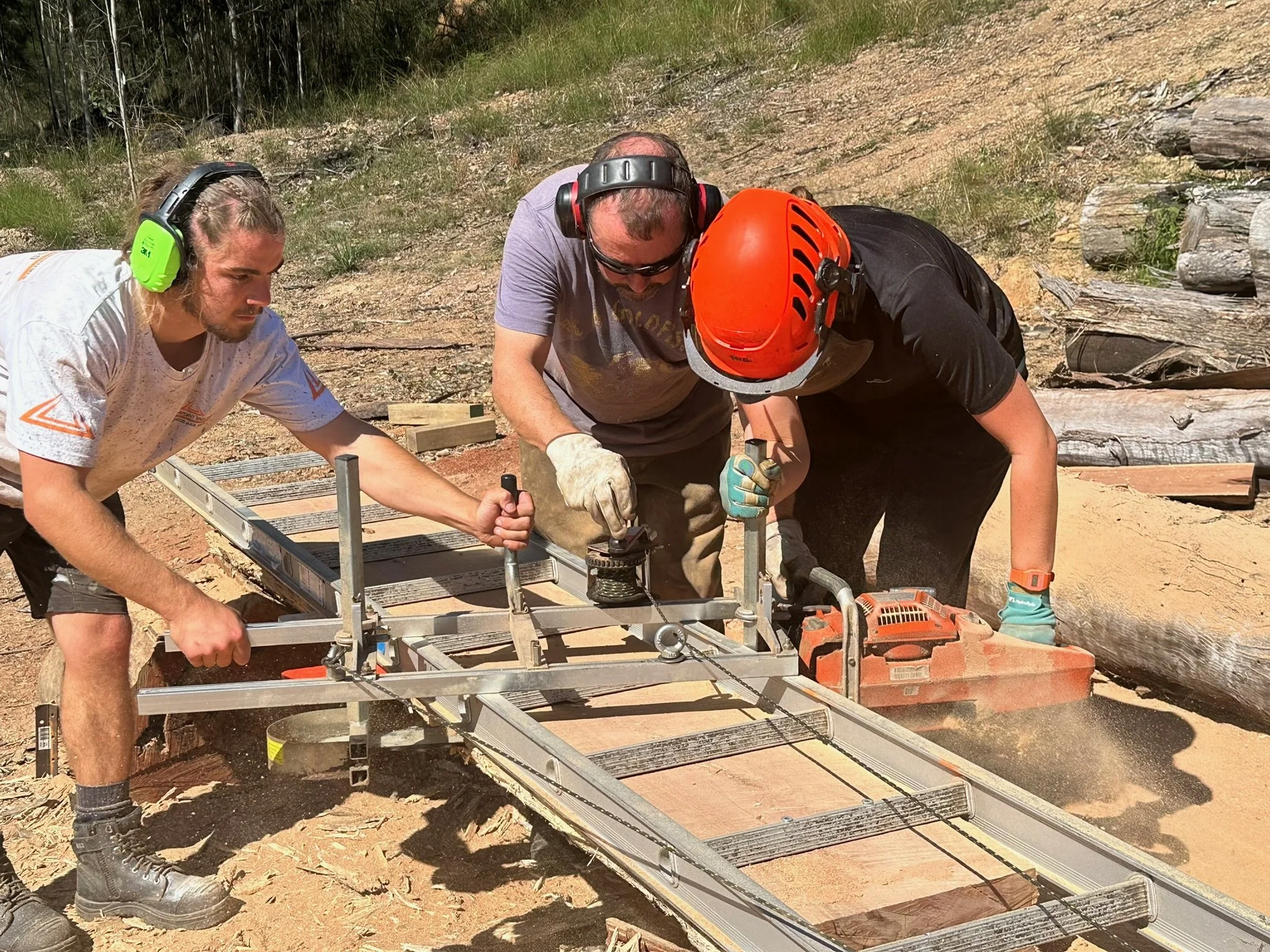
Culture is not a people problem
Apparently, culture matters … some say it eats strategy for breakfast (well, Peter Drucker did, and then everyone else said it lots).

Coping is not an endpoint
Optimal people performance is not about running them into the ground. Coping is not a valid (or sustainable, or moral) goal.
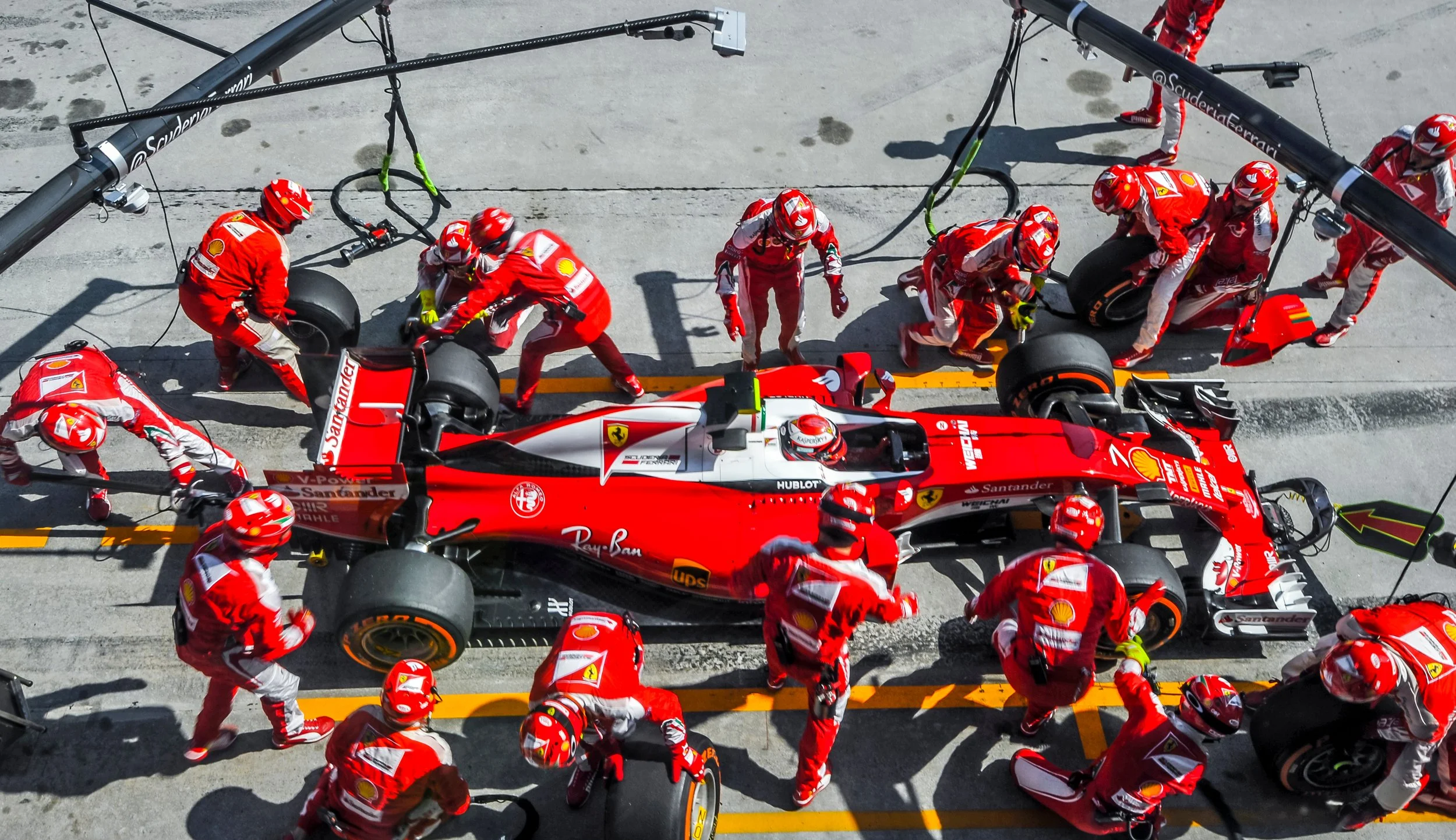
You have to slow down to go fast
There’s a recurring cliché in business: work smarter not harder. Like all clichés its far easier to talk about than do.

People are not your greatest asset
Ask nearly anyone in any organisation (especially the C suite) and they’ll say something like “our people are our greatest asset”. But as an organisation, are you actually behaving like they are?

The larger you get, the dumber you get
OK. Larger organisations aren’t actually ‘dumb’ – they often have some of the smartest people around. But they can appear dumb, both from the inside and the outside.

Soft skills … screaming out for a brand refresh
Much business conversation focuses on being outcomes driven, delivering value, thinking strategically, taking responsibility, accountability, ownership, … getting results. And rightly so.
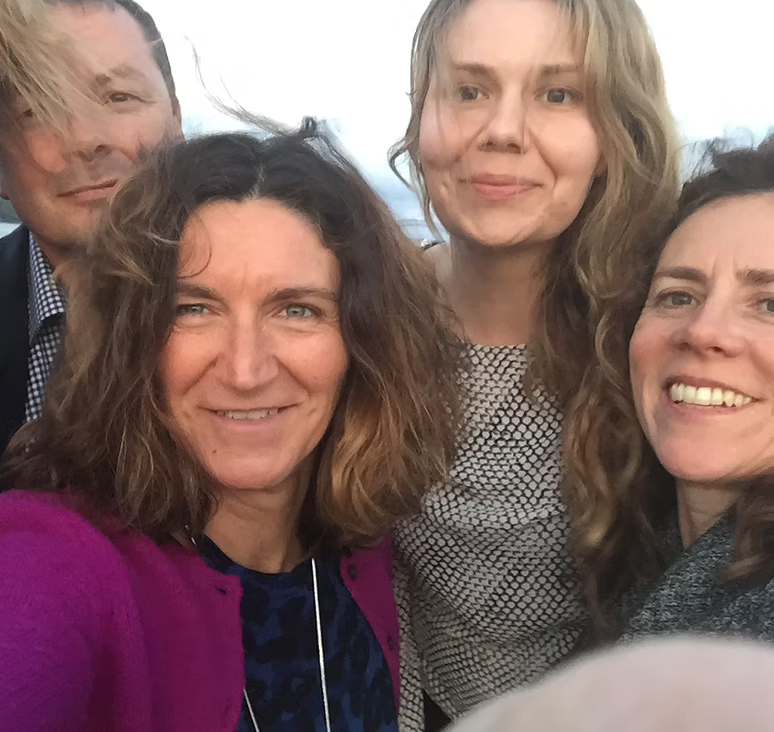
Why the Frogs for winc? (a client’s story)
I’ve worked with the Frogs for more than 10 years of my career now. It has been a joyful and satisfying ride. It started at Staples (now winc), where it was a collective belief that the quality of our leaders was key to our commercial success (made my job easier!). So, as National Organisational Development Manager, I got to work building the best Leadership Development Program (LDP) to serve our high calibre people. Vibrant Frog were our go-to partners – they designed, facilitated, and adapted our LDPs over 7 years.

Your coach is not your friend
Well, they might be, but that’s not their job. So, what is their job? (Excellent question.) At a macro level, there’s probably a spectrum from ‘questions only’ at one end to ‘a bit of everything’ at the other. ‘Questions only’ does what it says on the tin. But what, in practice, does ‘a bit of everything’ mean?

What do we actually do?
(But is that the most useful question?)
I’ve never found it easy to describe nor to translate. I really don’t know why. And yet, you’ve gotta be clear on what you do so you can sell it, right? Perhaps, more specifically, I find it difficult to describe the power and value gained from it. I’ve yet to meet a client who declares after our work together “Yes, I knew that was going to happen, as it did in that way, and with that impact.”
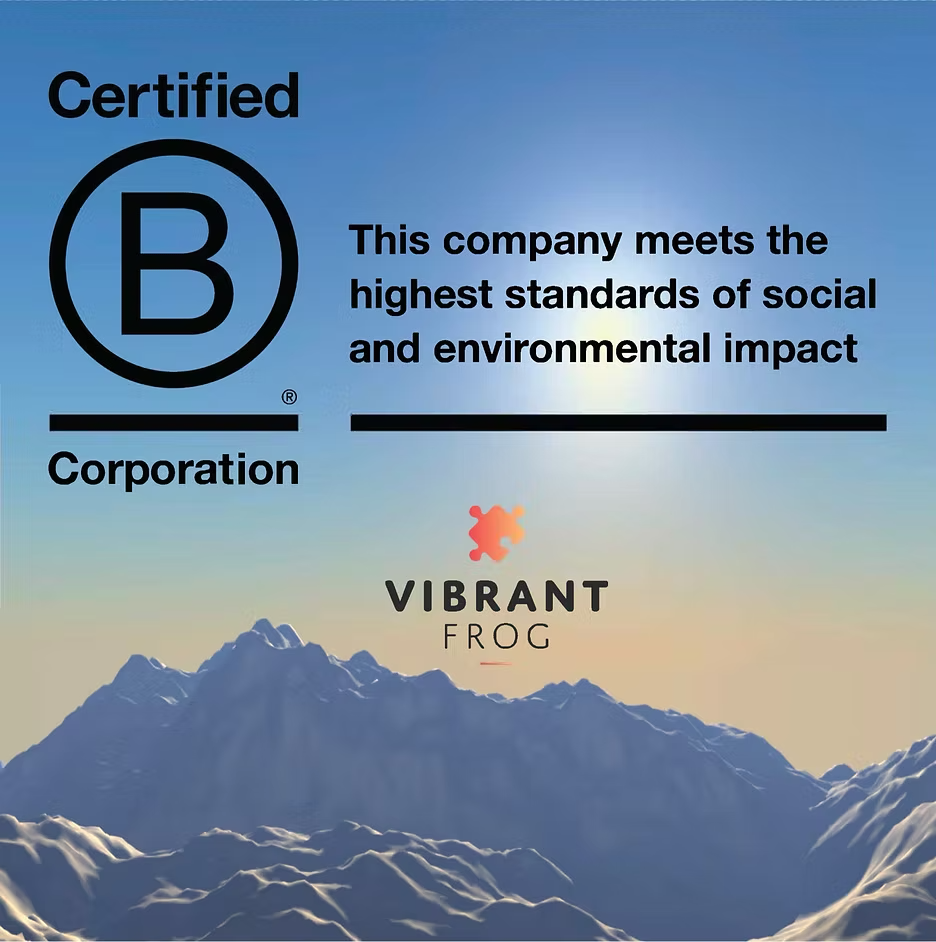
Working to B better
The Frogs play in the leadership + culture space. This hasn’t traditionally prompted conversations about sustainability policy + practices with clients – as businesses or as individuals. In fact, we used to tiptoe around it – each to their own, right? We’d focus on how to boost their leadership or shift their culture. Yet it felt a bit ‘off-kilter’ – like we weren’t bringing our whole selves (and our value of ‘responsible’) to the work. Because we’re a bunch of ex-scientists, budding forest managers, and purpose-driven youngsters (that’d be the Ops Rock Stars); our collective social heart has been pumping more powerfully for a while now.

Don’t waste a crisis
Every crisis brings opportunity, forcing us to act radically, at least in the short term. COVID-19 has seen countries around the world shut down their borders and economies to defend against the pandemic. Governments are delivering huge temporary monetary injections to help people and organisations stay afloat.
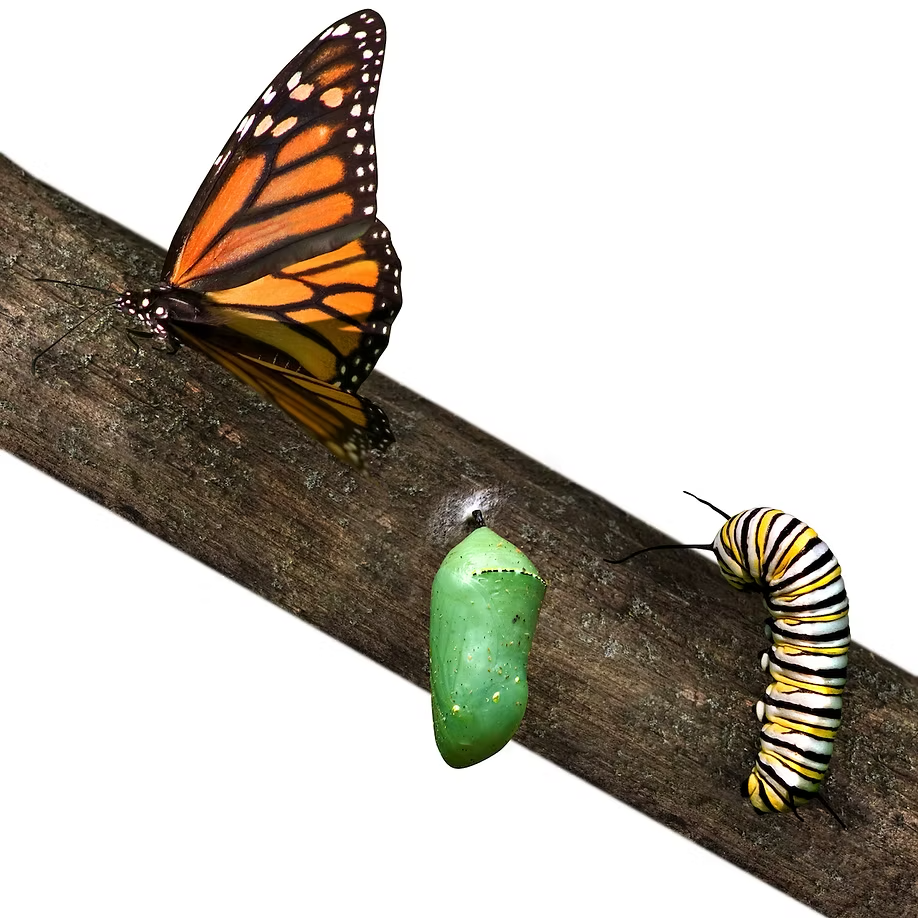
Energy + Connection + Skill = Virtual soul food
Action on Purpose coming to you – ‘intimate + personal’ via your device
The Frog’s purpose – to infuse business with the skills and positive energy to change the world – seems globally pertinent just now. Our time has come.

Perhaps the greatest decision I’ve made
“It is rare to get a real ‘feel good’ experience that also delivers on business results.”

How useful is your self talk?
Some years ago I was lucky enough to spend time taking groups of people to PNG, on leadership programs; working with them to test themselves against the backdrop of mud, mountains, rain, leeches, going steeply up and coming steeply down. Never a breeze. Never ‘ho hum’.
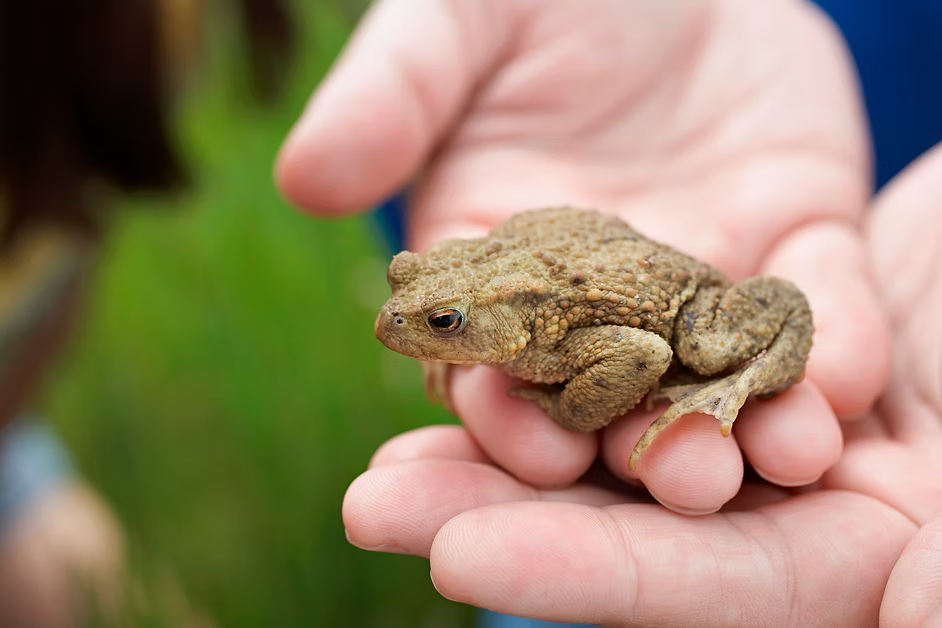
It pays to take care of your frog
At the moment, most organisations (and the leaders within them) are spending far too much time on the bicycle and not nearly enough time on the frog. Let me explain why…
In his excellent book Intelligent Leadership, Alistair Mant describes organisational systems as populated by ‘Frog’ thinkers and ‘Bicycle’ thinkers.

How does “Meaning” make it better?
Why is it that the same situation can bring about learning and growth for one person, while for another it leads to depression?
When I came across Chip Conley’s excellent book “Emotional Equations” I was struck by the simplicity and power of his first equation:
Despair = suffering - meaning.
It gives a practical way to think about events in our work and our life, and how we react to them.

Can’t you “Just do it”?
Probably. But often we don’t. Even the important stuff.
Can we run or cycle or swim or walk or kayak on our own? Yes.
Can we join a gym, get a personal program and work out? Of course.
Do we know it will be good for our health, fitness and mental state? Absolutely!
So why doesn’t everyone have a fitness regime they stick to, and live in a state of optimum vitality?

Leadership: Spread it around
2000 years ago the Chinese were trading silk as far away (from them) as the east coast of Africa and what is now Indonesia.
They loaded up their mules and camels and headed out along the Silk Road. They skirted the Taklimakan Dessert, (which, incidentally, translates into ‘go in and you won’t come out’); braved the passes and bandits of the Himalayas and the Hindu Kush and arrived at the great trading Bazaars of India. From there, either themselves or through trusted partners, they travelled east and west to find new markets. They built relationships that allowed credit to be extended in what could be seen as a prototype of today’s global financial system.
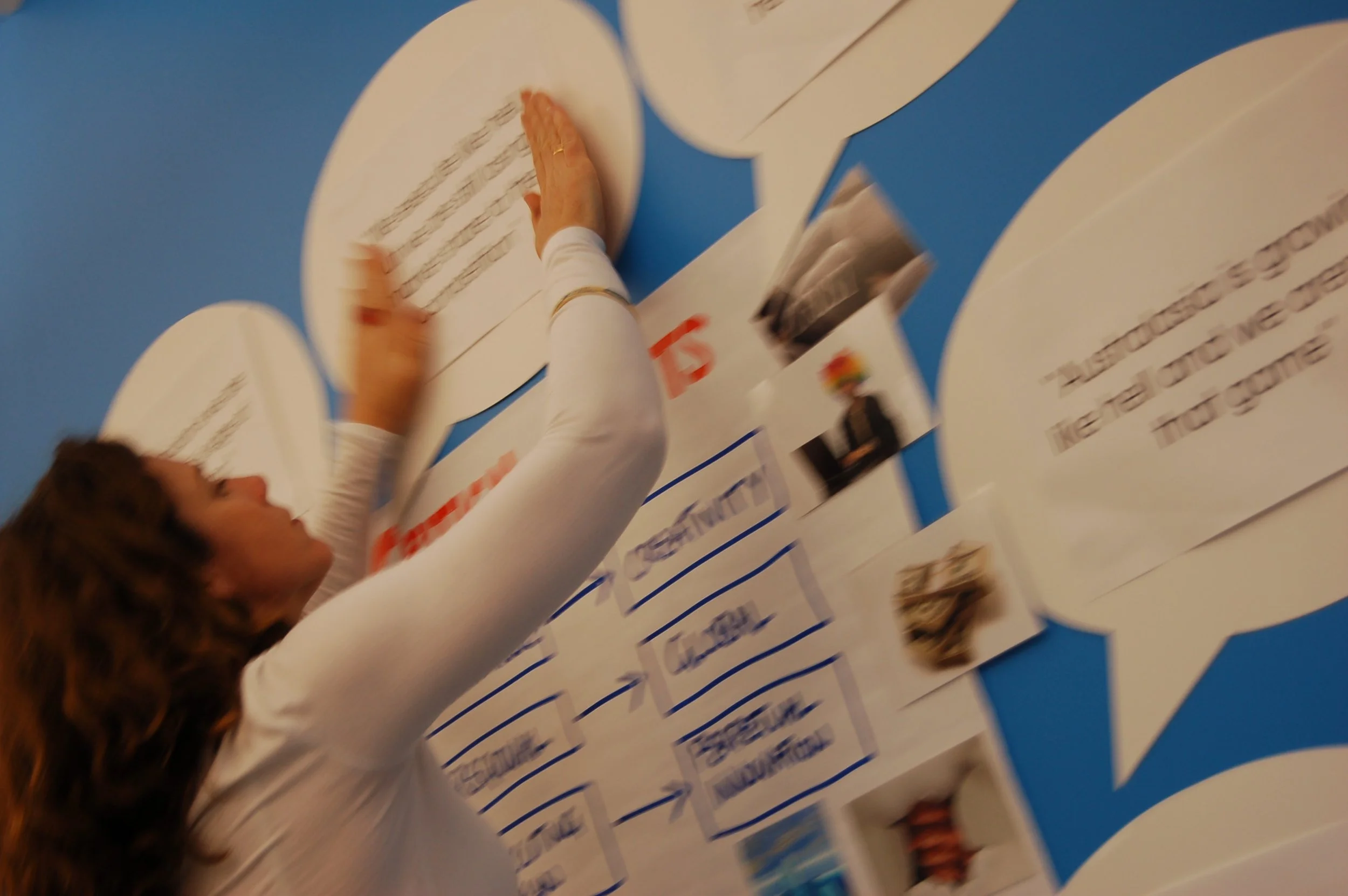
What does good at work look like?
We hear repeatedly about the speed of change, and about how the very nature of work is changing. So in this volatile landscape, what do we need to do to be ‘good at work’?
It’s not just about technical skills. It is also about getting things done. And it’s about leading and influencing others too. Which brings a requirement for learning into the mix, as many of these skills are not innate. And add the realisation that we don’t only need the new skills, but the personal confidence to use them effectively too.

Stress + Exercise Linked
Science is often proving things that we already know. Intuitively. So what useful scientific findings are being uncovered in the area of stress?
We talk about stress and live with stress as a normal part of life in the 21st Century. But the type of stress that we deal with has been changing over time, and the physiological implications are pretty interesting.
